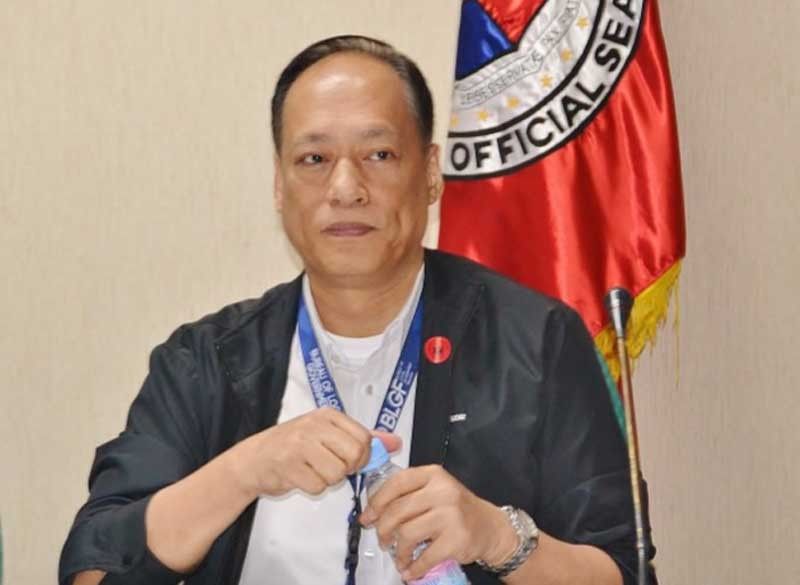LGUs lose P30-B revenues from outdated property valuation — DOF

MANILA, Philippines — Local government units (LGUs) may have incurred an estimated P30.5 billion in foregone revenues due to their outdated valuation system for real properties, according to the Department of Finance.
Citing a report from Bureau of Local Government Finance (BLGF), acting deputy executive director Jose Arnold Tan said cities could have collected as much as P23.077 billion in additional real property taxes had their Schedule of Market Values (SMVs) been updated to be at par with international standards.
Another P7.397 billion in revenues may have lost by provinces due to failure to update their system, the DOF said.
Based on Tan’s report, only 36 percent of LGUs currently have updated SMVs, while the rest, comprising of 97 cities and 48 provinces, remain non-compliant in updating their SMVs.
Moreover, Tan said only 60 percent of the regional district offices of the Bureau of Internal Revenue (BIR) have updated zonal values.
Due to this outdated system, Tan said overvaluation of properties usually happens when the government pays for a piece of real property, while underevaluation occurs when it is the government’s turn to collect.
He said the system is also riddled with multiple overlapping functions as 23 national government agencies are required to do valuations, with each using its own system and methodology.
Tan said this has led to disparities between market values and zonal values, which range from 13 percent to as wide as 94 percent. He said the discrepancy between the SMVs and private valuation also reaches 187 percent to 7,474 percent.
The BLGF official also noted that LGUs tend to overlook the requirement under the Local Government Code to update their SMVs and zonal values every three years as there are no existing sanctions against local officials who do not comply with the law.
To fix this system, the DOF is proposing for the adoption of international standards in valuation, and the establishment of a single valuation base for taxation and benchmarking.
The agency also cited the need to insulate valuation from politics, with LGUs continuing to regulate tax rates and assessment levels; improve oversight functions of the national government; and set up a comprehensive electronic database to support valuation functions.
The DOF is also proposing for non-compliant LGUs to be barred from receiving any conditional or performance-based grants or any form of credit financing from the national government.
Such reforms constitute Package 3 of the Duterte administration’s comprehensive tax reform program (CTRP), according to the agency.
Finance Secretary Carlos Dominguez said these reforms would further invigorate the real estate market, bring in more investments, and generate additional revenues for LGUs.
“Essentially, real estate is the most valuable asset and biggest financial resource. But its contribution to government revenues, particularly for local governments, has remained dismal due to outdated SMVs, poor collection efficiency and tax administration and lack of uniformity in the valuation of real property,” Dominguez said.
- Latest
- Trending




























